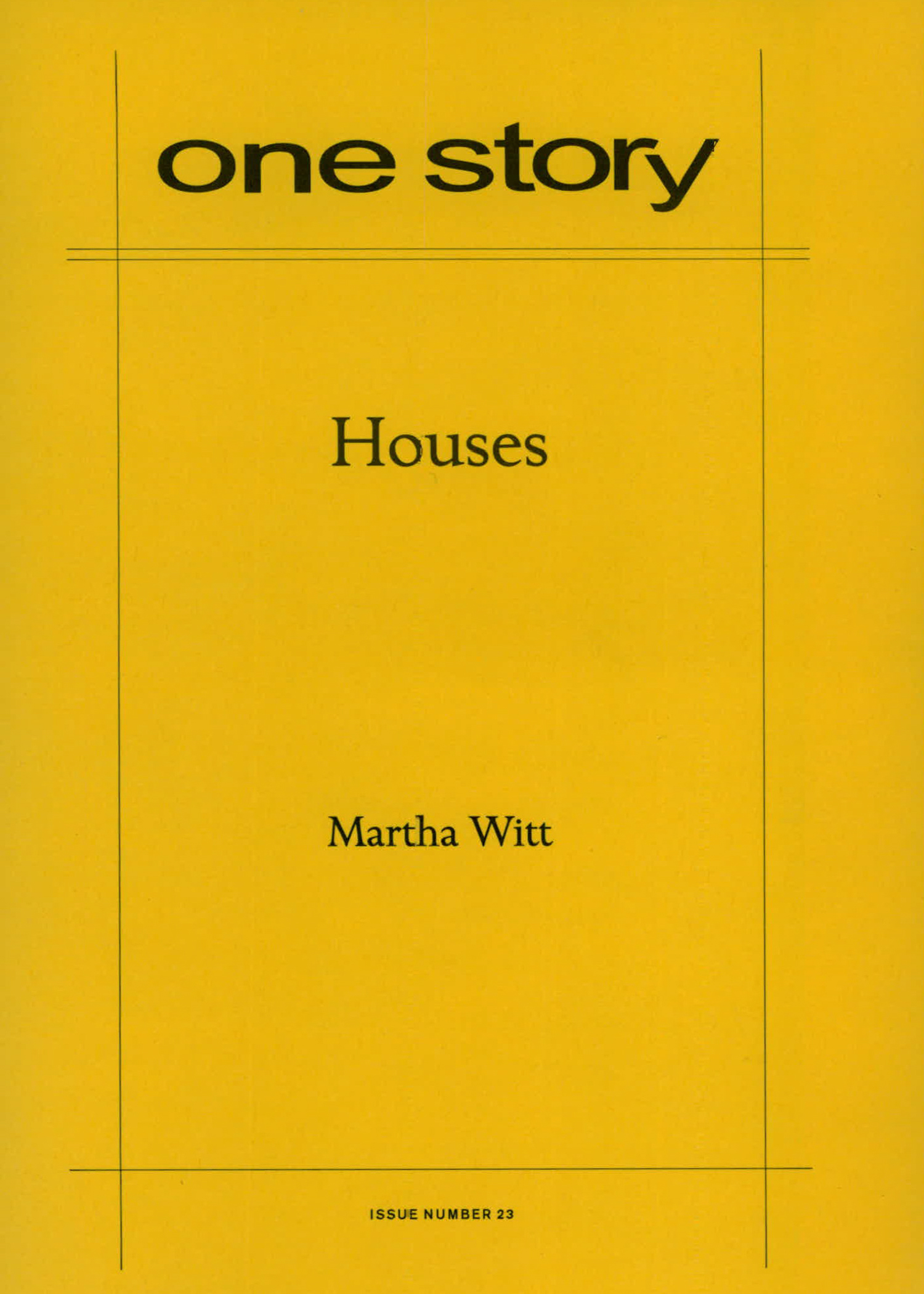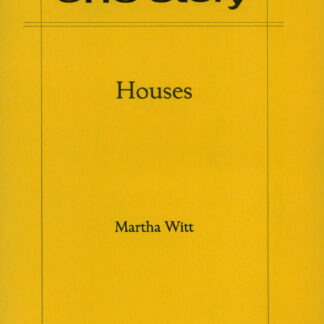
Houses
$2.50
24 in stock
Excerpt
Just a tiny corner of the ocean, a triangular blue snippet, is visible from our window. My husband originally bought the apartment for Celia, his mother, but when he began making more money, he bought her a larger one four floors above ours, and we moved into this one. In her apartment, all the front windows look onto the ocean, and you can see crowds of umbrellas lined against each other in a colorful, sloppy array.
My husband and I have separate banking accounts. In American terms, he would qualify as Upper Class, and I would qualify as Lower-Middle Class. However, by Brazilian standards I am firmly in the Upper-Middle Class and he is very wealthy. We could afford to live in an even better neighborhood than where we live, but we are both careful people. Careful, at least, in the financial sense. I would have surprised myself had I, twenty years ago, been granted a glimpse into my own adulthood.
Martha Witt
Martha Witt holds a MFA from New York University, where she is currently an adjunct professor in English Composition. She is working on her doctoral degree in English Education at Teachers College, Columbia University, and subtitles for Italian Television. Her short stories have appeared in Boulevard Magazine and elsewhere. Her short story translations will be included in an anthology of Italian women writers scheduled to be published by Northwestern University Press in 2004, and her novel, Broken As Things Are, is scheduled to be published by Holt in 2005. She lives in New York City with her husband, Remo, and young son, Giovanni.
Q&A by Hannah Tinti
- HT: Where did the idea for this story come from?
- MW: A few years ago, my husband, who is Brazilian, told me about this friend of his whose father was an architect and had a mistress. Upon his mistress’s request, the man built the same house for her as he’d built for his wife. I just couldn’t get this out of my head, and the characters sort of popped up on their own.
- HT: Have you ever been a foreign language teacher? If so, how has it influenced your writing?
- MW: I taught ESL a few years ago and have done a lot of ESL tutoring. I often find it relieving to think about grammar, which is so mathematical and “clean” in its appearance. Of course, grammar is weighted with political significance as well as all the ways in which we include or exclude people from a certain kind of discourse. Many people in so-called “developing” countries want to learn Standard American English because it is the discourse of power, and I think, for a teacher, it is impossible to ignore the significance of this. As a writer, I am often aware of the choice between “correct” and “incorrect” grammar usage for saying what I want to say and the various repercussions of my choice.
- HT: What was the most challenging aspect of writing this story?
- MW: The most challenging aspect was understanding the incestuous nature of Alfonso and Celia’s relationship. I liked the murkiness of this mother-son relationship in contrast to the seemingly straightforward activity of teaching English conversation.
- HT: Have you spent time in Brazil?
- MW: I go to Brazil with my family for about six weeks a year.
- HT: Where did the image of the two houses come from?
- MW: Straight from the “factual” story that my husband told me.
- HT: Do you think Melinda is fighting a losing battle with Celia, or will she come out in the end?
- MW: She is definitely fighting a losing battle. Her small decision to take a shower is the acknowledgement that Celia is boss. Also, Melinda’s sense of guilt will keep her submissive.
- HT: How long did it take you to complete this story?
- MW: Well, I began writing it the Christmas before last, after a trip to Brazil. I worked on it for a few months after that, then put it down and worked on it again last Christmas, when I was back in Brazil.
- HT: What is the best bit of advice about writing you have ever received?
- MW: During a period of time a few years ago, I was suffering from writer’s block. I was indulging in a good amount of self-pitying when I stepped into a phone booth and found scrawled on the wall the little phrase, “Writers write.” I suddenly understood the uselessness of self-pity.
- HT: What are you working on now?
- MW: I am in the process of editing a novel that it took me close to eleven years to write. It is scheduled to be published by Holt in 2005, and I am anxious to see it when it is impossible to make changes.
